Search
Search within
1447 results found

Background report
The Political Economy of Avian Influenza Response and Control in Vietnam
As a country suffering from large-scale AI outbreaks and receiving considerable international support, Vietnam provides a crucial case not to be missed in any analysis of the global AI crisis. Vietnam is also interesting because of two paradoxes in her…
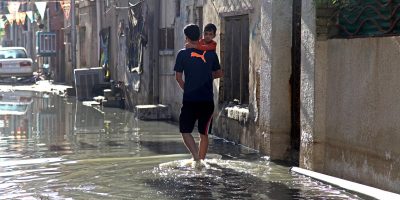
Evidence review
Zimbabwe 2008-2009 Cholera Outbreak Crisis Review
This After Action Review (AAR) covered CARE’s responses to the Cholera Crisis in Zimbabwe from 2008 to 2009. The purpose of this AAR is to contribute to CARE’s understanding of the cholera response, and to help promote learning and accountability…
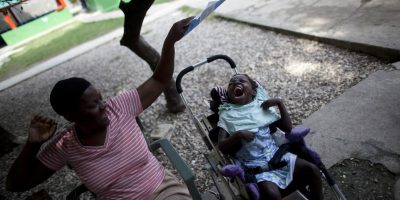
Background report
Anthropological Perspectives on Disasters and Disability: An Introduction
Natural disasters and disasters that directly derive from human actions, both evolving and sudden, trace the structural fault lines of the societies that they affect. Disaster outcomes disproportionately impact those with the least access to social and material resources: women…
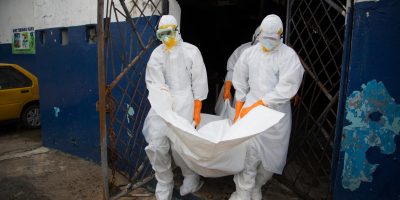
Background report
Risk and Outbreak Communication: Lessons from Alternative Paradigms
Risk communication guidelines widely used in public health are based on the psychometric paradigm of risk, which focuses on risk perception at the level of individuals. However, infectious disease outbreaks and other public health emergencies are more than public health…

Briefing
The Lessons of Swine Flu
As the swine flu outbreak backstory seeps out, there are some vitally important lessons that can be learned. Huge investment in pandemic preparedness and contingency plans, improvements in surveillance and response systems and stockpiling of drugs and vaccines have followed recent avian…

Background report
The Political Economy of Avian Influenza in Indonesia
Why is the response to H5N1 highly pathogenic avian influenza (HPAI) so challenged in Indonesia? Why did the virus spread so fast, and why has the disease persisted? Are there features of the country and its culture that encourage or…

Background report
The Political Economy of Avian Influenza in Thailand
Thailand is centrally located relative to the Avian Influenza epidemic and her response to the disease has important implications for disease control efforts both regionally and globally. A middle income country with a large and economically significant export oriented poultry…
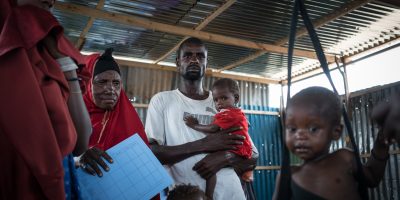
Evidence review
The Private Sector and Health: A Survey of Somaliland Private Pharmacies.
Within the private sector there are numerous levels of private care, but the majority of private facilities offering clinical care are clustered in large cities and are only accessible to the few who can afford them (and indeed, wealthier Somalis…
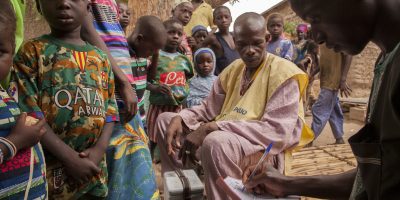
Background report
Costs for Households and Community Perception of Meningitis Epidemics in Burkina Faso
Bacterial meningitis in the African meningitis belt remains 1 of the most serious threats to health. The perceptions regarding meningitis in local populations and the cost of illness for households are not well described. We conducted an anthropologic and economic…
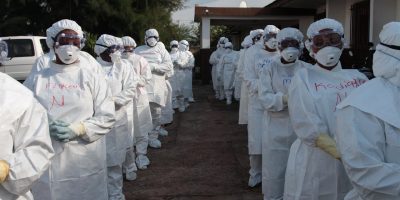
Background report
Biocommunicability and the Biopolitics of Pandemic Threats
In this article we assess accounts of the H1N1 virus or “swine flu” to draw attention to the ways in which discourse about biosecurity and global health citizenship during times of pandemic alarms supports calls for the creation of global…
Research paper
Negotiated peace for extortion: the case of Walikale territory in eastern DR Congo
War in the DRC has increasingly been explained as a means to get access to natural resources and as a strategy to get control over informal trading networks linked to global markets. In most of these accounts, the complexity of…
Book chapter
Why humanitarian organizations need to tackle land issues
Humanitarian organizations need to consider land issues for three sets of reasons. First, land crises are central to why humanitarian crises happen, and why they take the form that they do. Second, humanitarian responses, both during the height of crisis…


